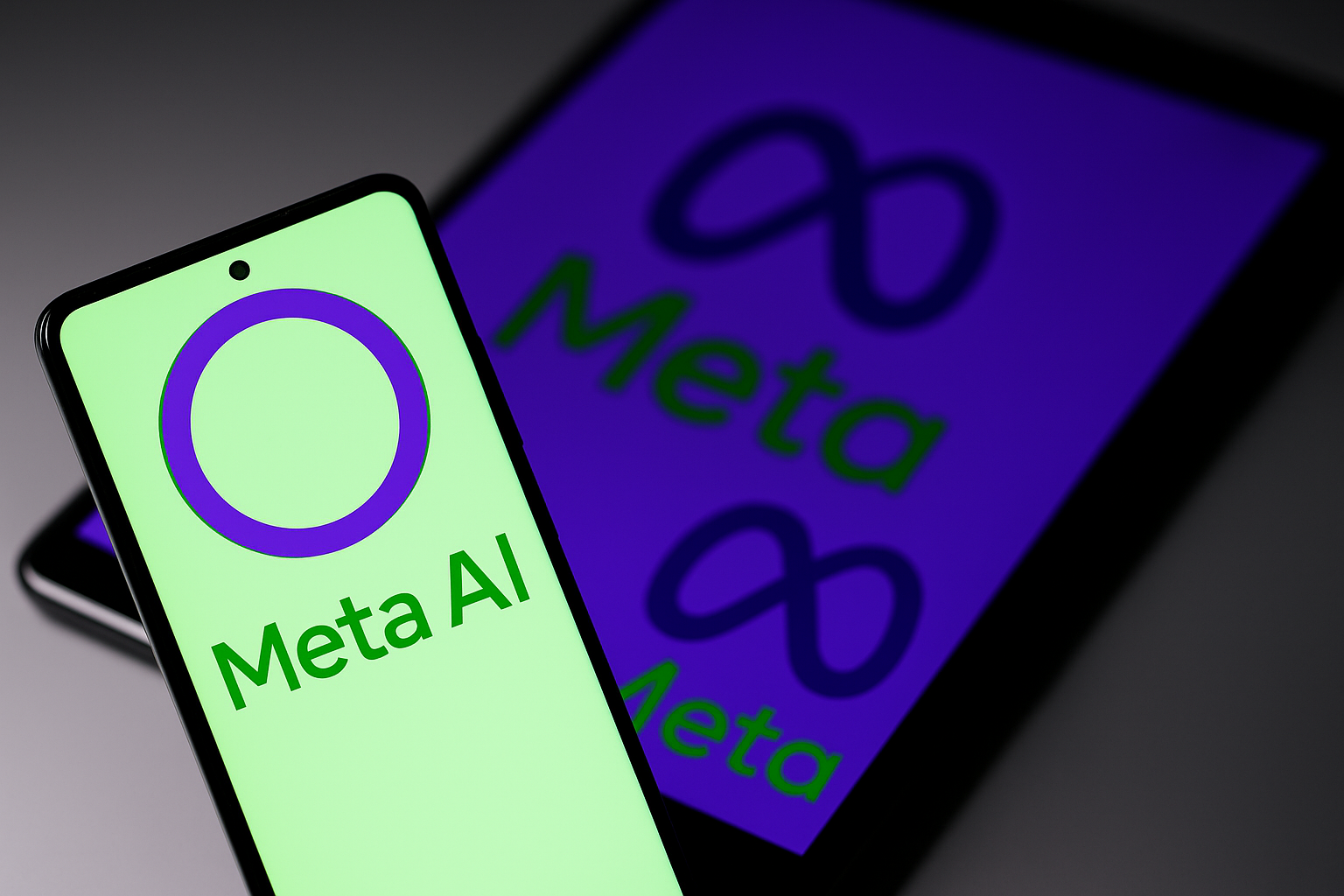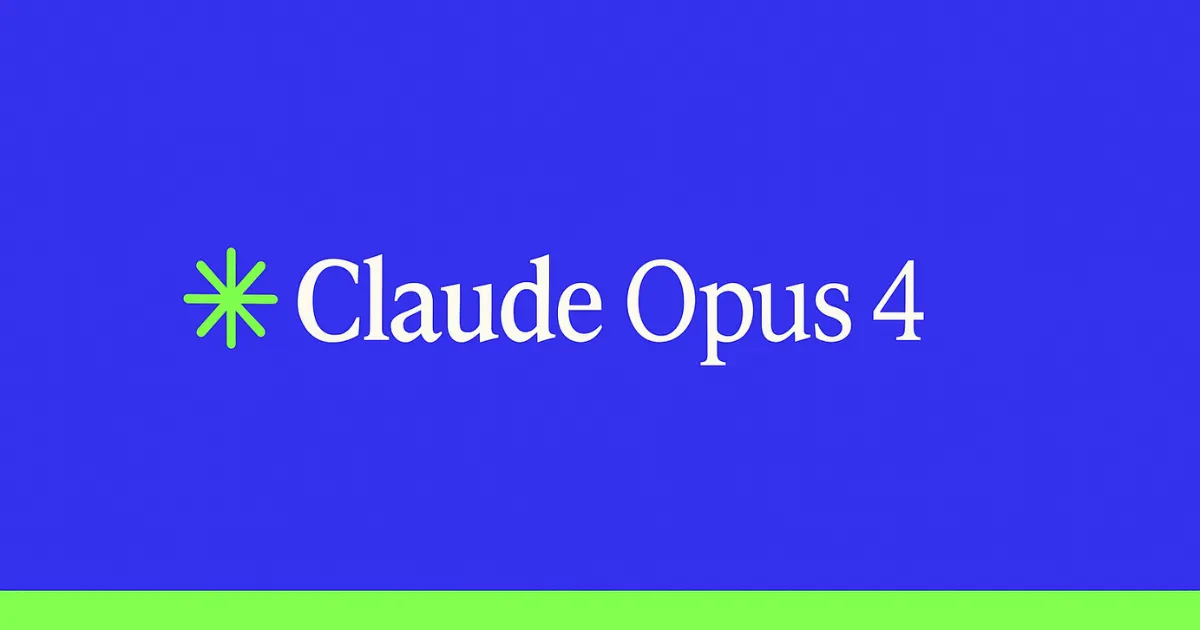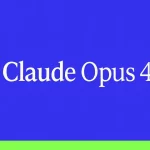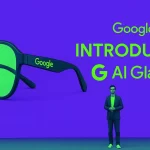Meta AI App Launches in Strategic Move to Compete with ChatGPT

Meta AI App: AI Arms Race to Usher in a New Era of Personalized AI
On April 29, 2025, Meta Platforms released the Meta AI app, a standalone virtual assistant powered by AI, intended to compete with OpenAI’s ChatGPT, Google’s Gemini, and other leading AI tools. Using Meta’s Llama 4 language model, the Meta AI app offers voice and text engagement, customized replies, and a social-based Discover feed, representing a bold shift in the ongoing AI competition. The app integrates previously siloed AI services from WhatsApp, Instagram, and Facebook into a single interface, providing users with a dedicated workspace for various AI-centric tasks, such as image creation, translation, and real-time discussions.
The unveiling of the Meta AI app shows that Zuckerberg intends to have a “pervasive AI helper” available for more than a billion users by 2025. Furthermore, Meta AI’s ChatGPT-like functionality is currently being leveraged by 700 million monthly active users on Meta’s social media applications. The new standalone application aims to expand its user base through improved integration with devices.
How Does the Meta AI App Differ From ChatGPT?
Unlike ChatGPT, which operates based on user-generated input, the Meta AI app uses hyper-personalization and social integration. Meta’s assistant, for instance, utilizes user data from Facebook and Instagram to tailor responses. Algorithms capitalize on the user’s profile, content preferences, social connections, and historical data. In essence, if someone says they are lactose intolerant, the Meta AI app will not only remember this but also ensure that cheesy events are not recommended in the future.
Moreover, the app differentiates itself based on the Discover feed, a social sharing feature where friends can share AI-generated content, text descriptions in the form of emojis, and AI art, for example. Unlike other platforms where trends already exist, this feed harnesses the power of generative AI to engage users. What’s more striking about the Meta AI app is that it allows overlapping conversations through full-duplex voice technology, though interruptions do not permit real-time web access while in voice mode.
What Are the Privacy Concerns Surrounding the Meta AI App?
Privacy concerns surrounding the Meta AI app remain significant issues. Concerns arise with Meta’s business model, which uses targeted Ads based on user data shared with the AI, such as preferences regarding health, location history, and more, to be used as ads as deemed fit by the context.
In response to the aforementioned issues, Meta integrated privacy oversight with a visual microphone indicator and configured voice interaction opt-in settings, augmenting privacy controls. However, as of now, personalized functionalities remain confined to the U.S. and Canada, indicative of slower regional rollouts in response to regulatory pressure.
Features Elevating the Competitiveness of the Meta AI App
Llama 4 Integration: The core of the App, Llama 4, provides multilingual reasoning and offloads work while increasing efficiency in MPs, readying it to contest OpenAI’s GPT-5 and Google’s Gemini Pro.
Hardware Integration: The Meta AI application replaces Meta’s View companion app for Ray Ban smart glasses and allows users to transition seamlessly from voice chats on the glasses to texting on their phones.
Cross-Platform Accessibility: Users can seamlessly transition between the integrated version of Meta’s social applications and the dedicated one, maintaining continuity in their workflows, whether they are planning trips or creating documents.
The Road Ahead for Meta’s AI Ambitions
Signals indicate that Meta is shifting its focus to the AI assistant market, with plans to invest $65 billion in AI infrastructure by 2025. Over time, additional features may include tiered subscriptions for featured content and broader access on a global stage. The momentum of rivals like Grok and Claude, along with ethical questions about AI, data opacity, and trust, will define the Meta AI app’s journey.
Sarah Zimmerman
Published on Other News Site















